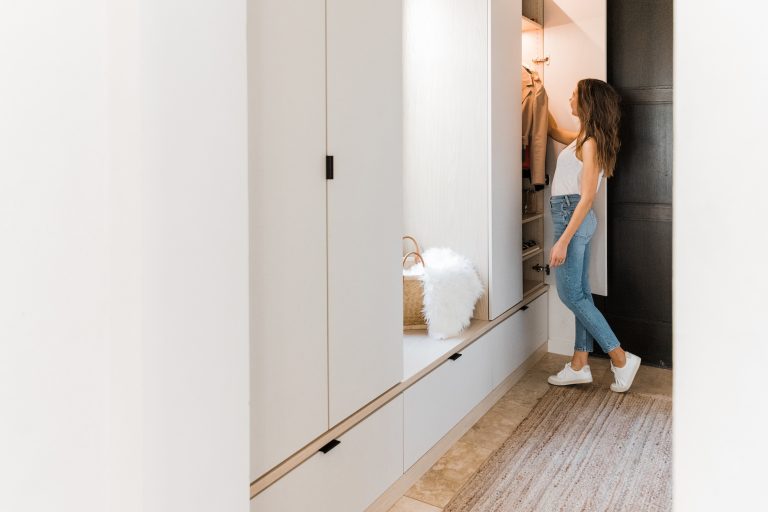
There’s a utilitarian logic to the fact that Courtney Zanelli, a certified kitchen and bath interior designer, approaches designing a mudroom in the same way she does any room. After all, the primary focus of good design is to ensure that a room functions well, “and mudrooms are no exception,” says Zanelli. That being said, there are certain aesthetic tweaks and fixes that make this unique space look, feel, and perform optimally. Challenges tend to arise when space is cramped, which is often the case with mudrooms. So I tapped Zanelli for her small mudroom ideas and design knowledge.
Her number one tip goes back to utility: Give everything a place. “Since mudrooms are hard-working areas with heavy traffic flow, good organization is a guiding principle,” Zanelli tells me. “Planning for that is goal number one.”
Featured image by Michelle Nash.
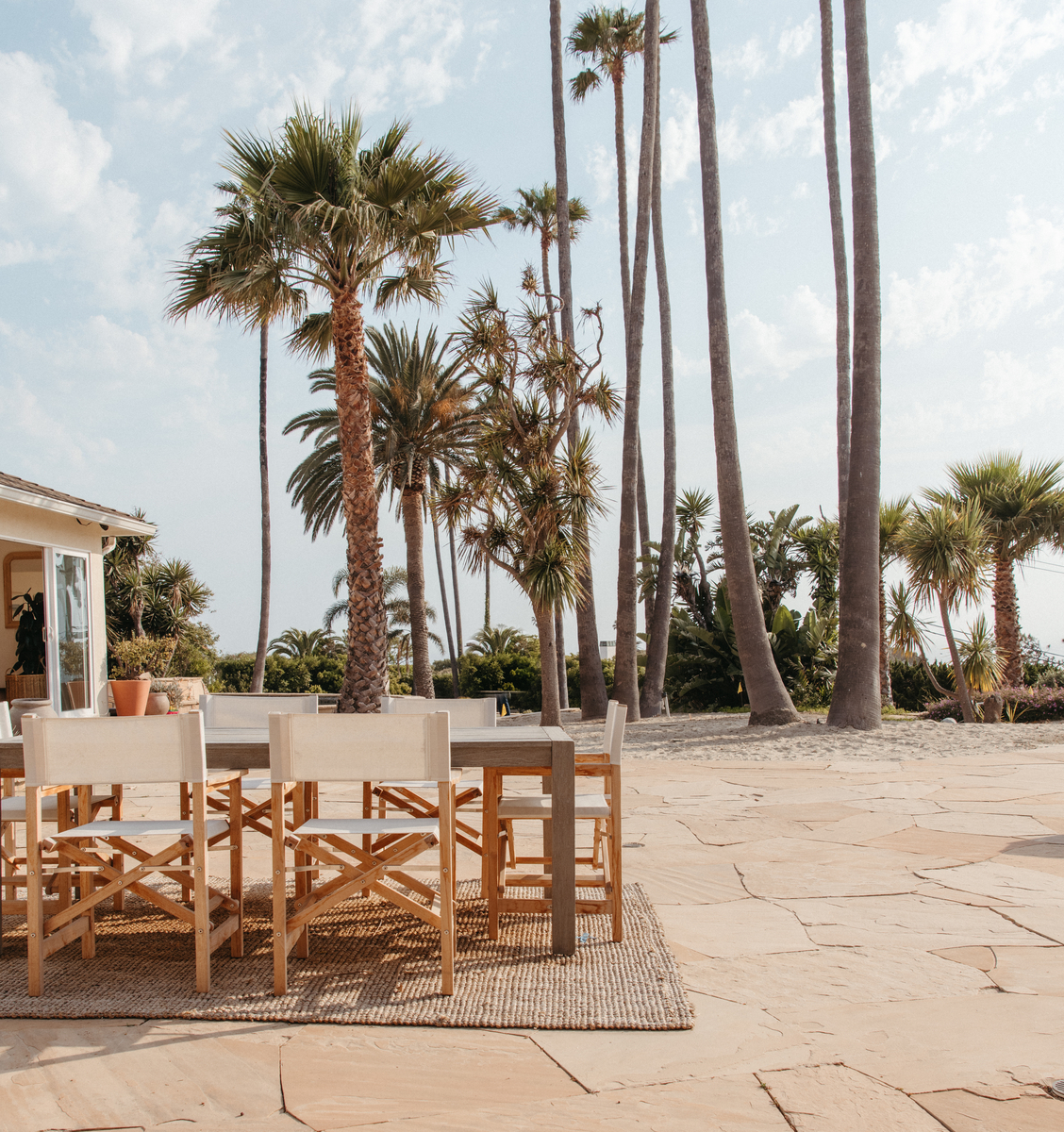
Subscribe
Design obsessed?
Sign up to get monthly #ZumaBeachHouse updates delivered straight to your inbox.
Thanks for Signing Up!
Oops!
Looks like you’re already signed up or your email address is invalid.
Oops!
Looks like you unsubscribed before click here to resubscribe.
Designing a Small Mudroom: Where to Start
Before I get to Zanelli’s small mudroom tips, I’ll first divulge her advice when starting out. Take inventory of your needs and wants for the space, she suggests. Think about your daily routine and consider the following: What are your pain points for organization and flow? What needs to be stored in the mudroom? And how do you hope it elevates your day-to-day? “This is the perfect jumping-off point when creating a truly custom space,” says Zanelli when describing how she tackles her clients’ tailored mudrooms.
9 Small Mudroom Design Tips
The mindset Zanelli takes when approaching a small mudroom is this: if you build it they will come. By weaving in clever moments that make storage and putting things away easy, a good flow will follow.
Tip #1: Consider Height and Ease-of-Use
The easier something is to put away, the more likely you—and your family members or roommates—will do so. Zanelli advises installing easily accessible hooks for coats that are within arms’ reach for everyone. (Same goes for shelving and other areas meant to store items.) A swift flick of a coat on a hook is a recipe for a streamlined space.
Tip #2: Use Large Hooks
Even in a small mudroom, large hooks are a must. These hold jackets, coats, backpacks, and other essentials in current rotation, says Zanelli.
Tip #3: Add a Closet
If a closet is possible, it’s an excellent option to store outwear not in daily rotation, like dressier coats and out-of-season outerwear. This can be a freestanding closet or built-in.
Tip #4: Befriend a Bench
It’s the anchor piece of a mudroom of any size. And for good reason: It’s here that you put on and take off your shoes. Invest in a sturdy freestanding bench or a built-in. Aim for one with an open area underneath for tucking shoes out of the way.
Tip #5: Get Tough on Flooring
Mudroom floor material should be ultra-durable, advises Zanelli. Consider all the wear and tear from high traffic, muddy boots, dirty dog paws, rain-soaked gear, and more.
Tip #6: Corral Clutter
A tall catchall, such as a vintage stoneware crock, makes for a stylish spot to hold umbrellas.
Tip #7: Go for Cubbies
Cubbies or open shelving with catch-all baskets are ideal for tucking away smaller items that create clutter, like hats and gloves and dog leashes, says Zanelli.
Tip #8: Use Neutral Paint
“Mudrooms are heavily trafficked spaces that typically get a lot of use, so selecting the right paint color is an important part of the process,” says Zanelli. Her preferences lean toward warm neutrals, like Benjamin Moore Edgecomb Gray or Revere Pewter, that blend nicely with other adjacent rooms. If you’re seeking more color, consider Farrow & Ball Light Blue or French Gray, which “are both sophisticated shades of blue and green that act as chameleons as they change depending on the light.”
Tip #9: Add a Punch of Color
The mudroom is a hardworking space, but that doesn’t mean you must shy entirely from bold hues. Zanelli suggests adding bright color via an upholstered bench cushion or pillow in a fun print. “This way your hard-working utilitarian space will be instantly elevated,” she says.
The post 9 Ways to Make Your Mudroom Beautiful and Functional, From a Designer appeared first on Camille Styles.

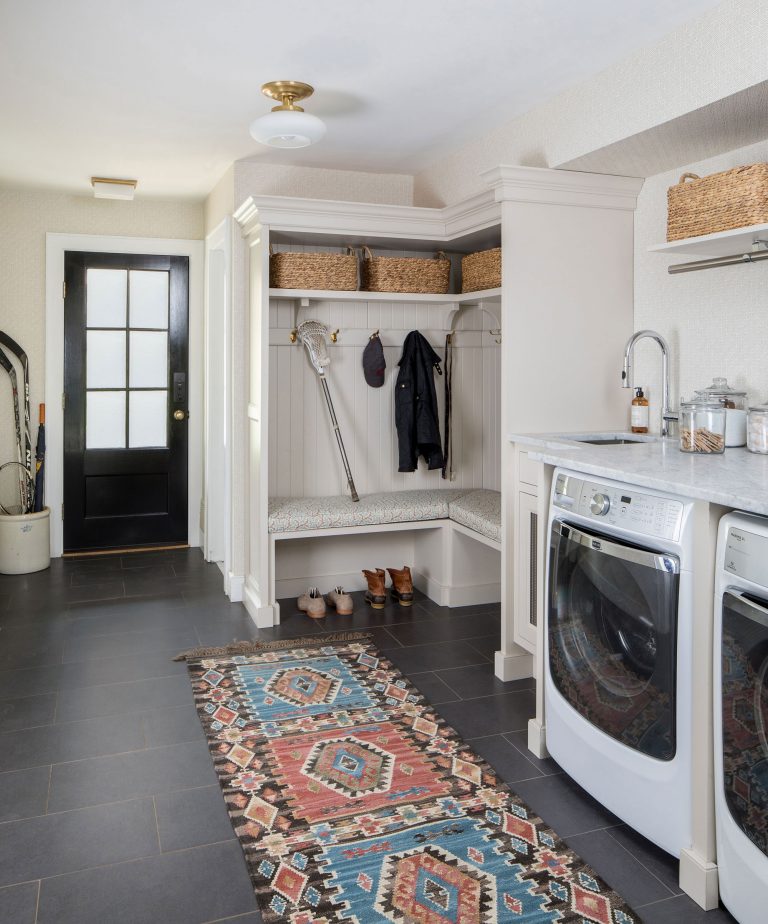
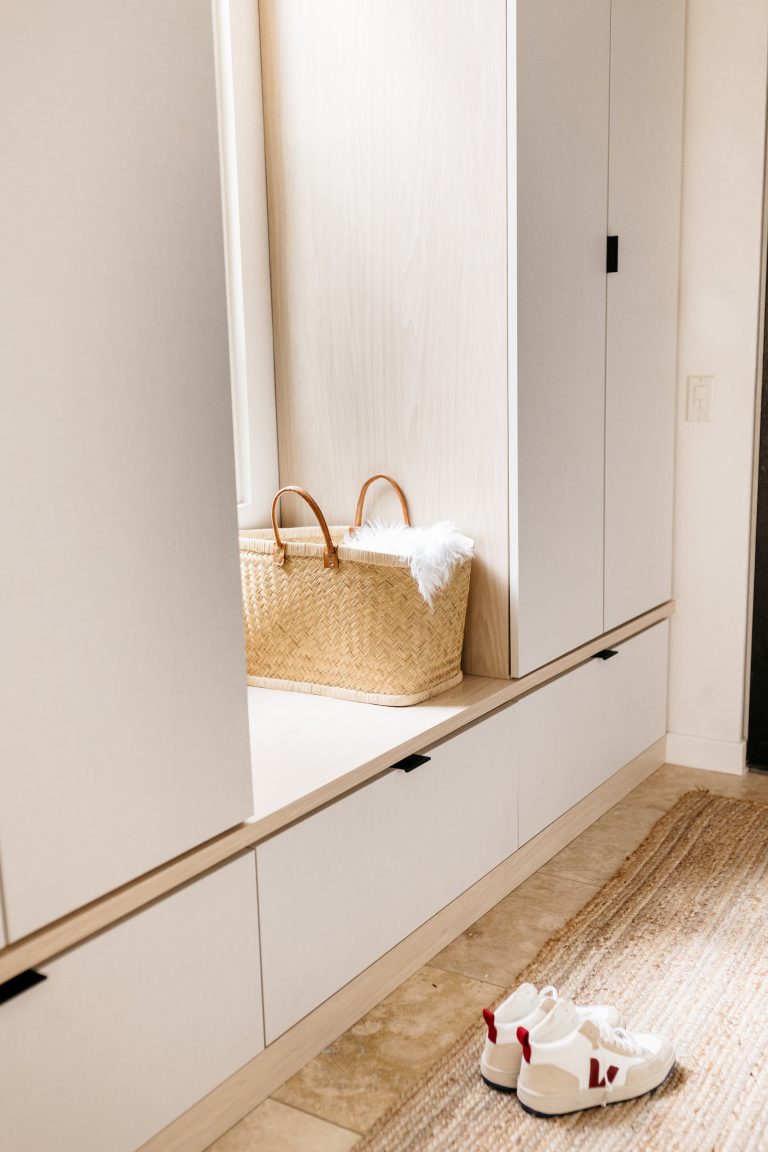
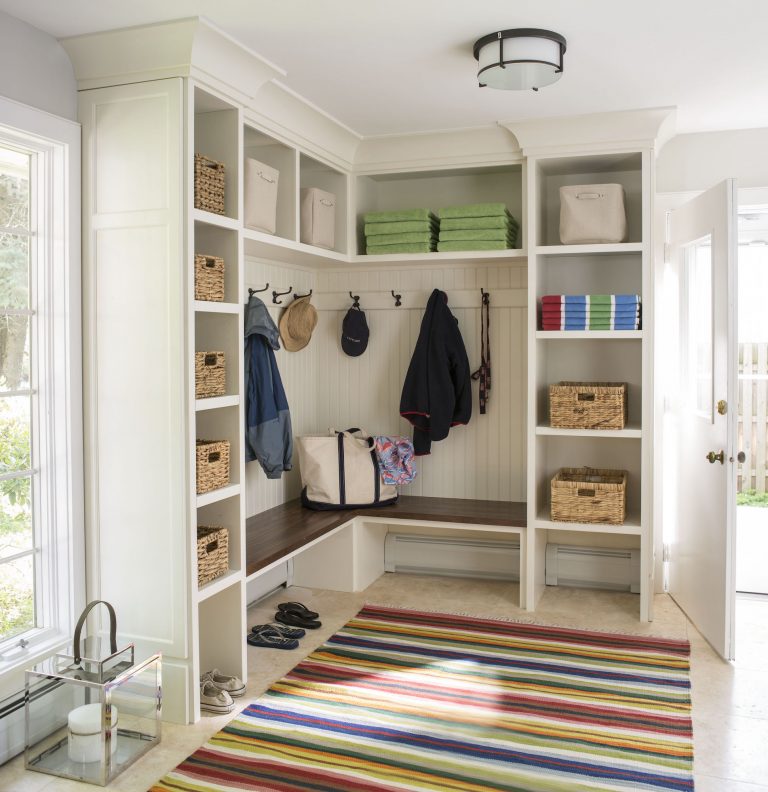
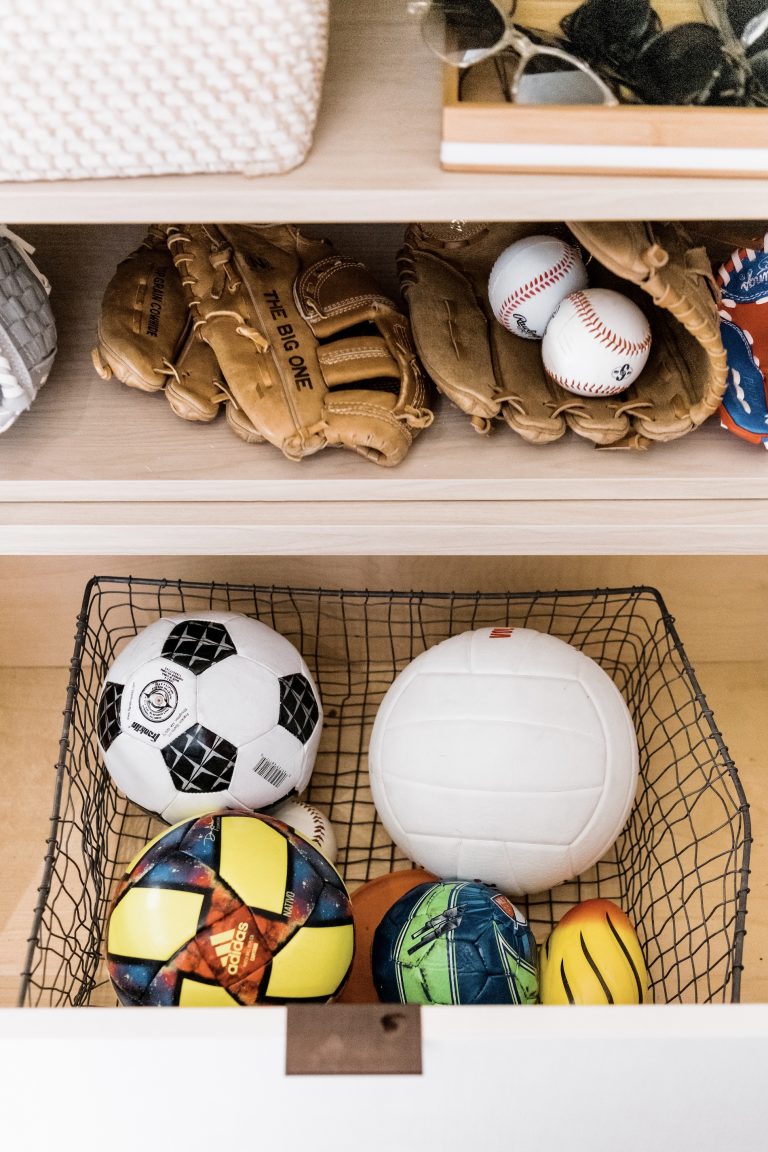

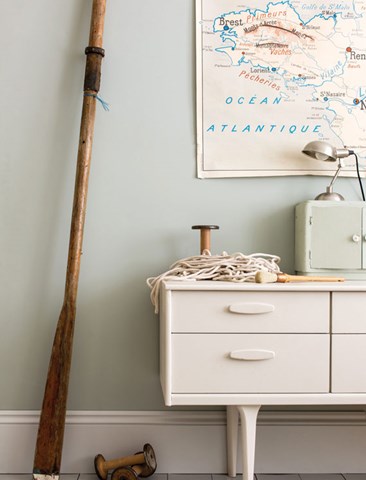
0 Comments